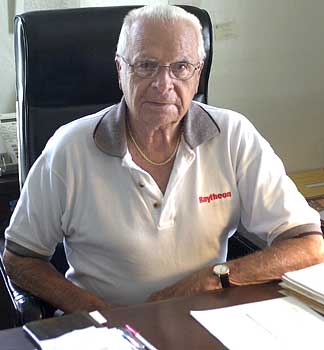

Gay describes a widespread phenomenon known as Vernunftrepublikaners or ‘rational republicans’. We tend to think of students as fairly radical and subversive. This point only really becomes obvious in the last few pages where he contrasts the modernising innovativeness of this handful of institutes with the prevailing worldview of most academics and further education institutions in the Weimar republic, which were incredibly conservative and close-minded. The stories behind each of these organisations is fairly interesting, in a gossipy sort of way (Warburg was a borderline psychotic, apparently), but it’s only at the end of the chapter that Gay makes his point, which is that – although these are the bodies which went into exile when the Nazis came to power and therefore had a large influence abroad – at home they were relatively little known and had little or no impact. (Gay has a special interest in psychoanalysis and is the author of a major biography of Sigmund Freud.) To take a sample chapter, the ‘Community of Reason’ chapter is not about intellectual life as a whole in the Weimar republic: it focuses on the founding of several important institutes outside the established universities, including the German Academy for Politics (1920), the Warburg Institute (1921), The Institute for Social Research (1923) and the Psychoanalytic Institute in Berlin (1910). The Revenge of the Father: Rise and Fall of Objectivity.The Revolt of the Son: Expressionist Years.The Hunger for Wholeness: Trials of Modernity.The Community of Reason: Conciliators and Critics.The Trauma of Birth: from Weimar to Weimar.It is a series of six essays showing how certain highly specific, and limited, aspects of Weimar culture helped to fatally undermine it. It is not even, despite the title, a history of Weimar culture.

The need for this appendix highlights the main thing about the text: it is emphatically not a history of the Weimar Republic. It’s a relatively short book, 150 pages in the old Pelican paperback edition which I’ve got, and is divided into six chapters, with a 20-page historical overview at the end. I had to read the first half twice before the penny dropped. It took me a while to figure out what this book was for, what it’s about. The abstractions that Tönnies and Hofmannsthal and the others manipulated – Volk, Führer, Organismus, Reich, Entscheidung, Gemeinschaft – reveal a desperate search for roots and for community, a vehement, often vicious repudiation of reason accompanied by the urge for direct action or for surrender to a charismatic leader. ( Weimar Culture p.100) The complex of feelings and responses I have called ‘the hunger for wholeness’ turns out on examination to be a great regression born of fear: fear of modernity.


 0 kommentar(er)
0 kommentar(er)
